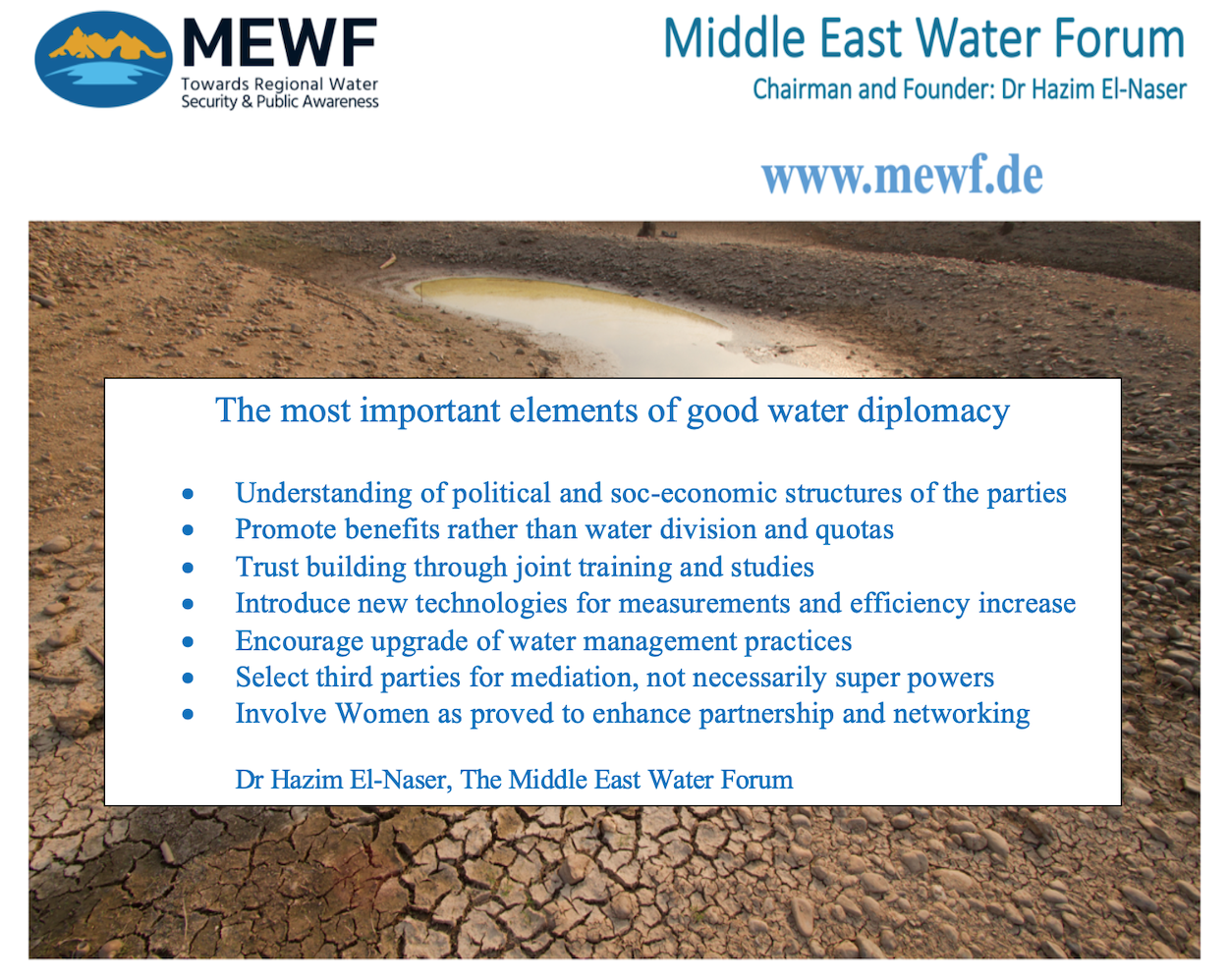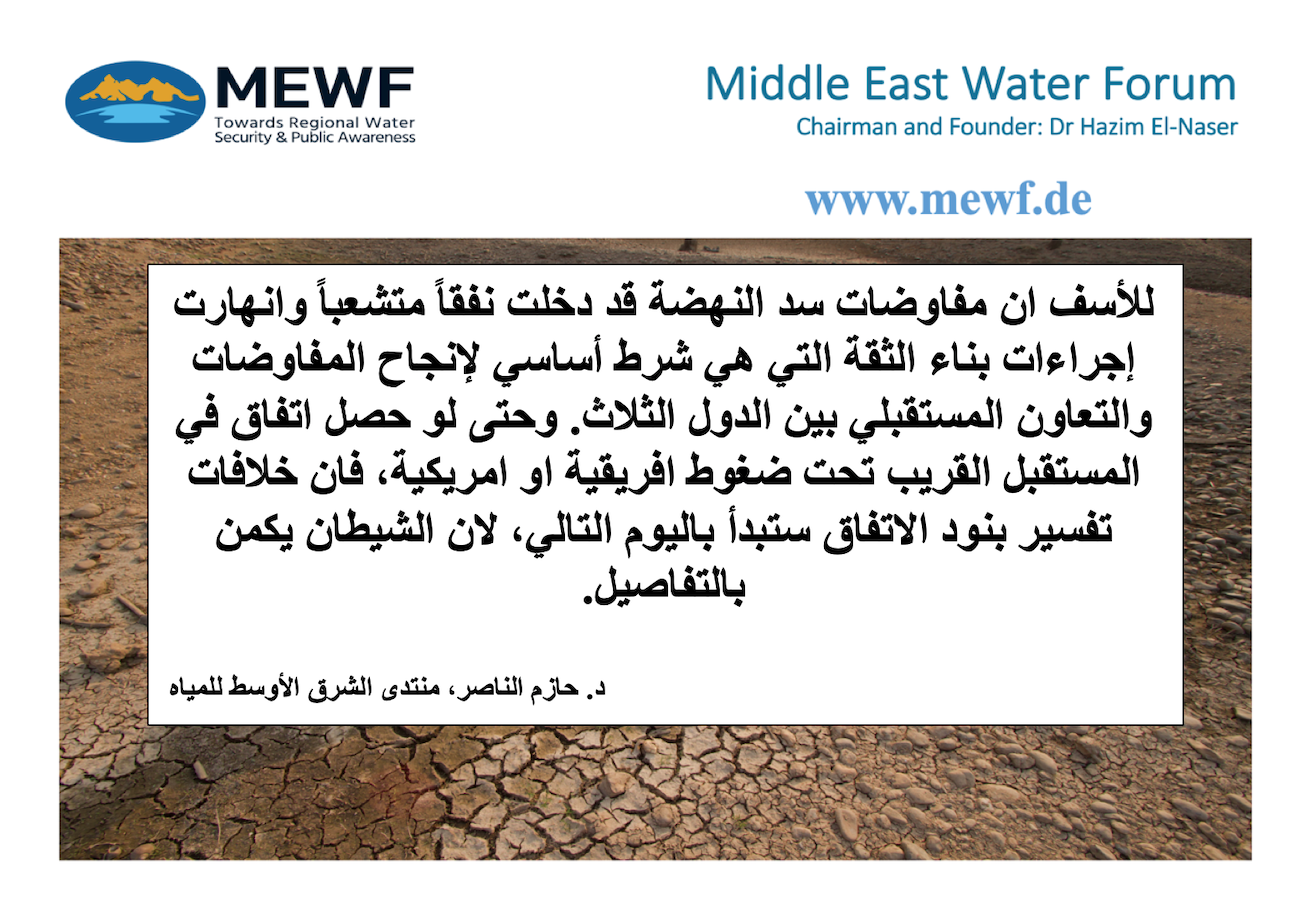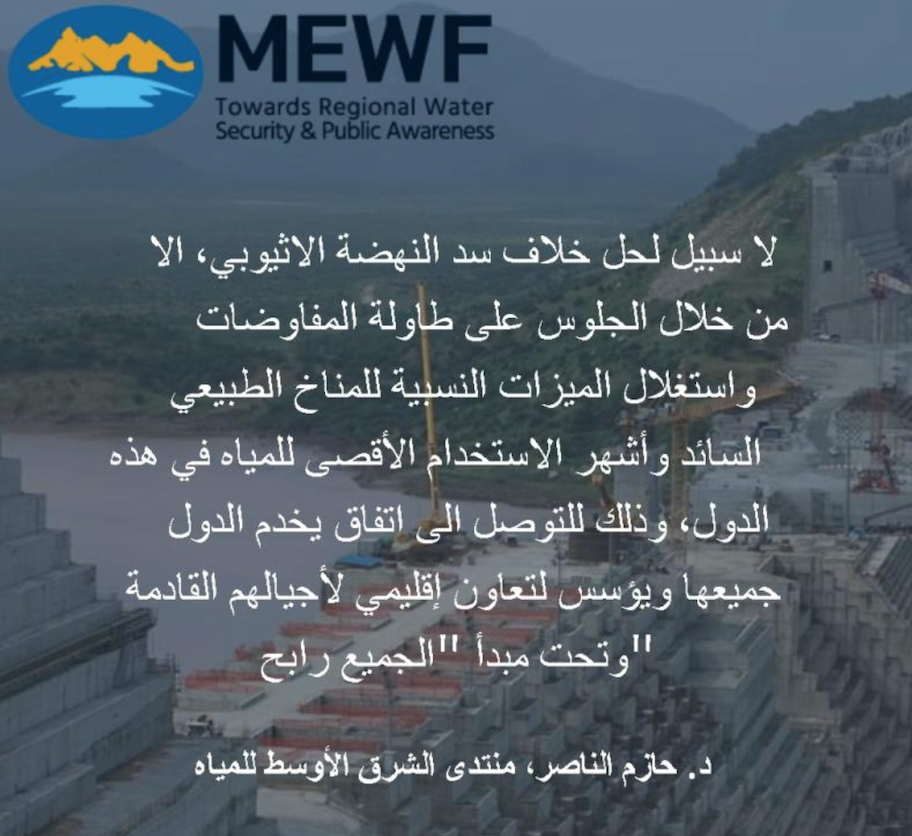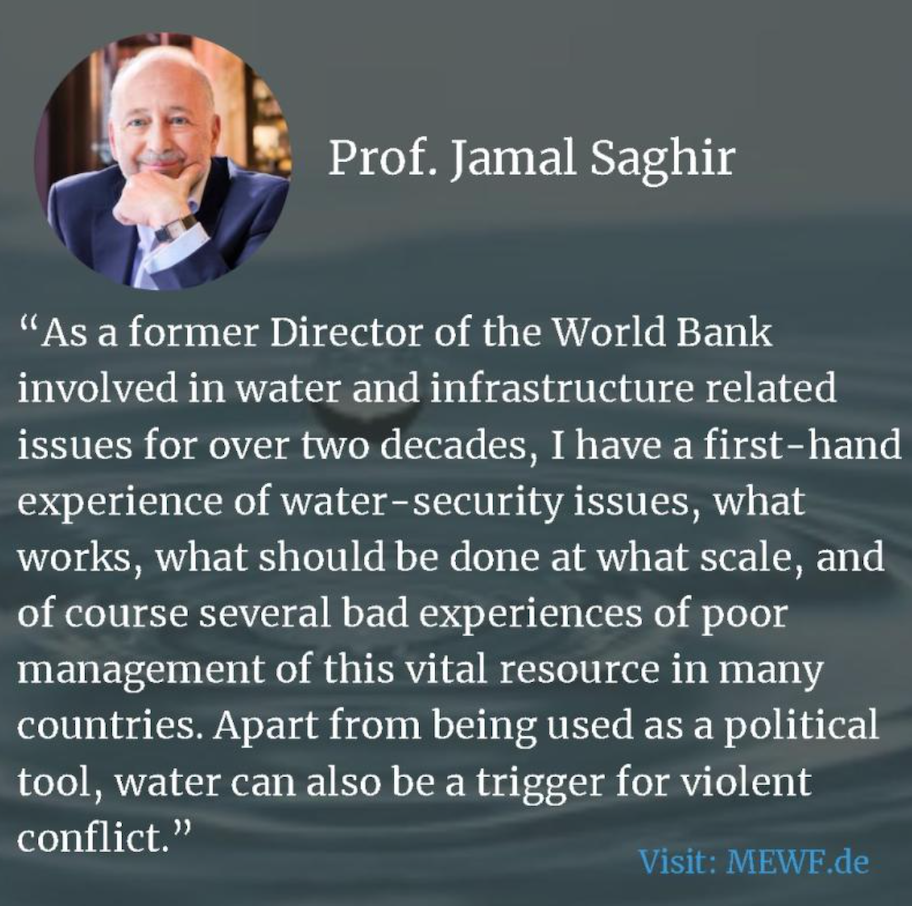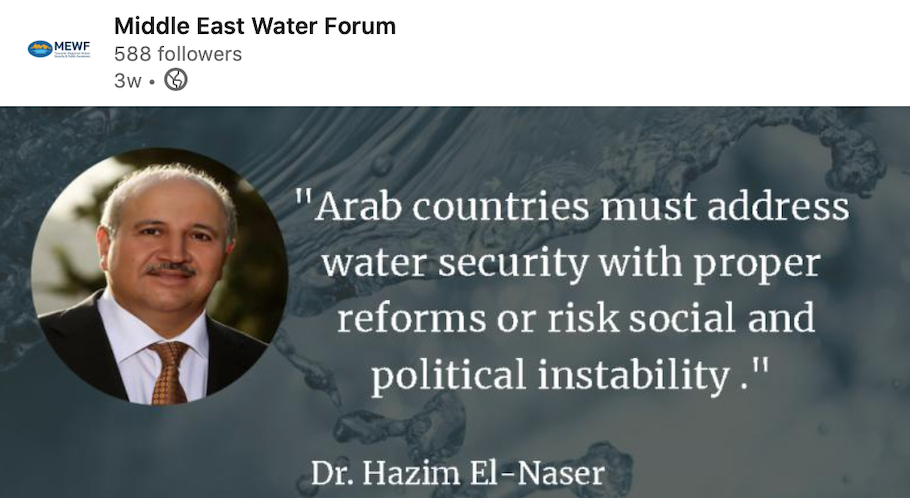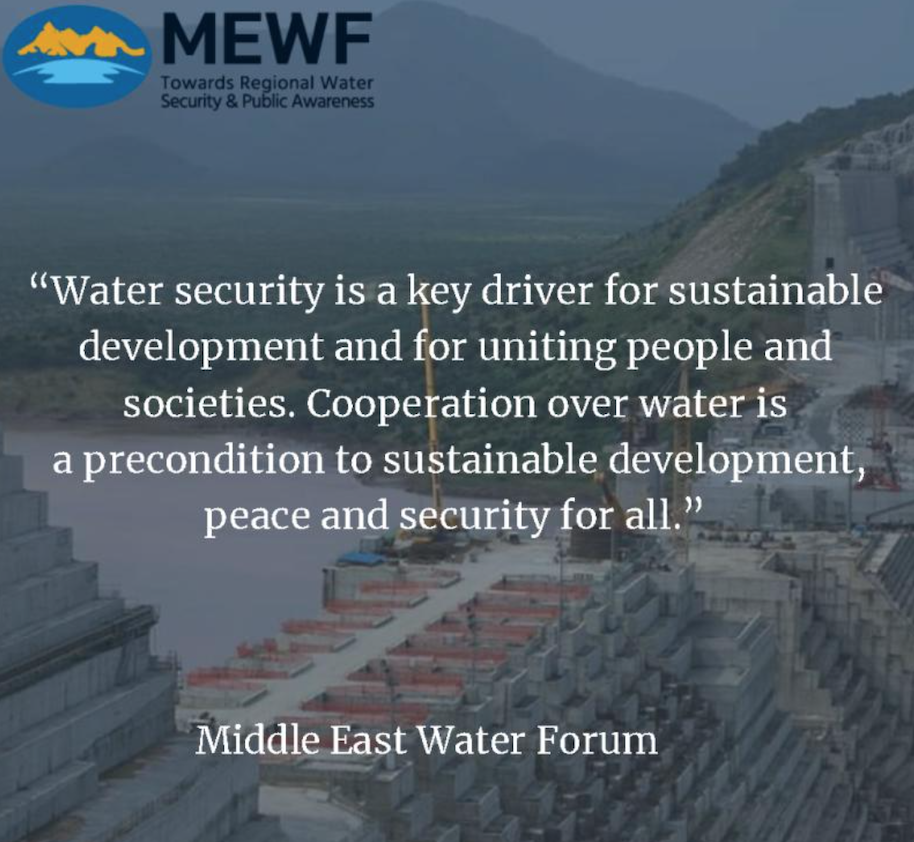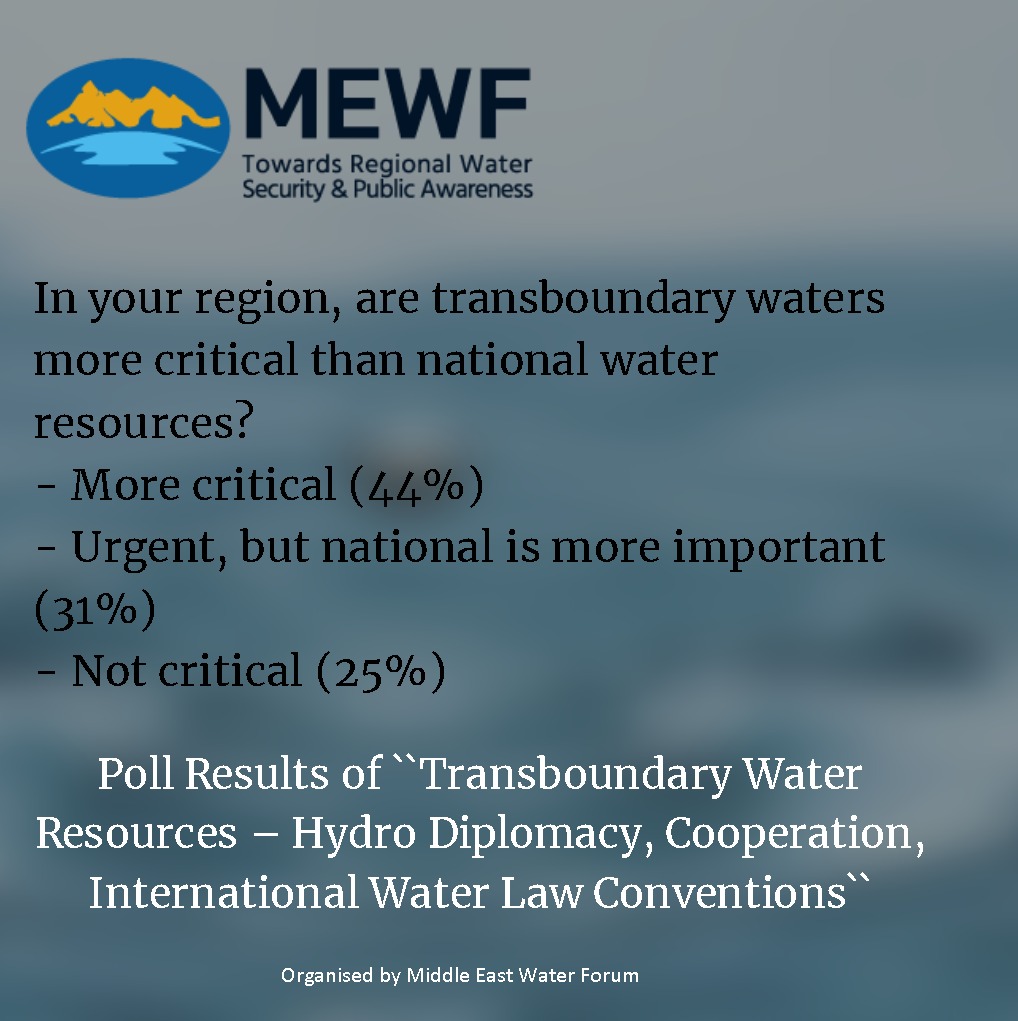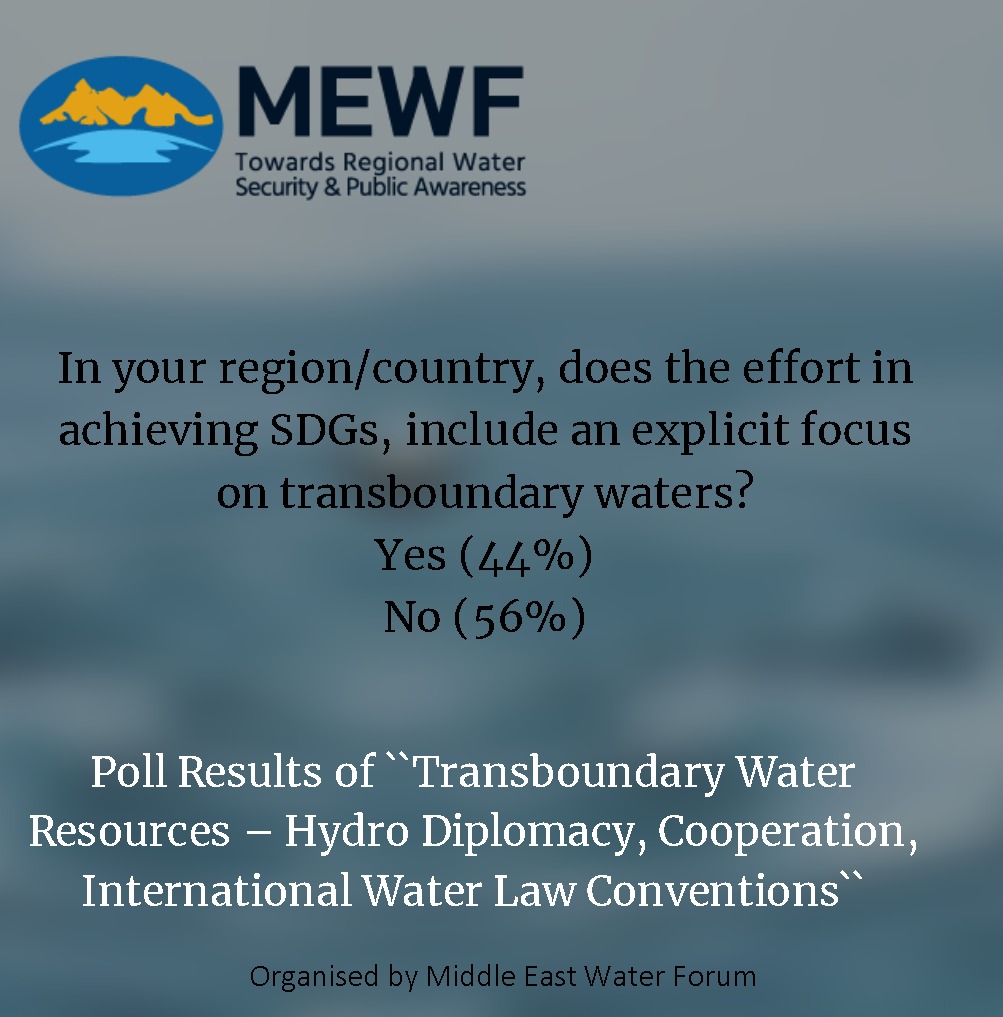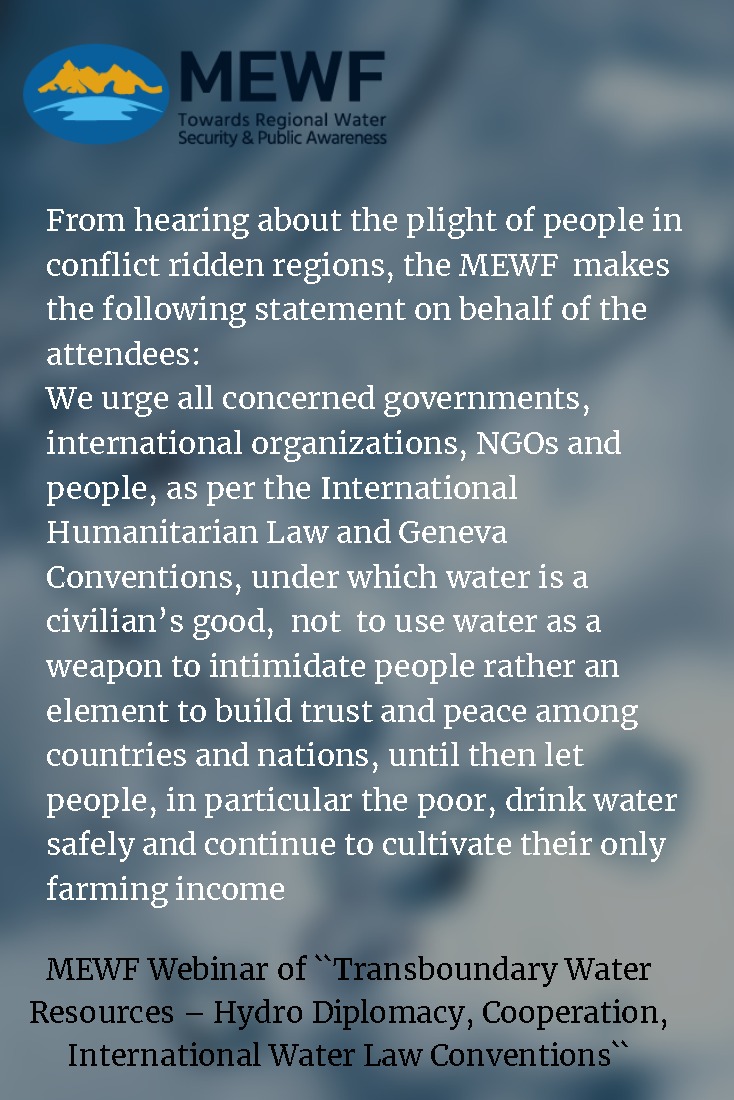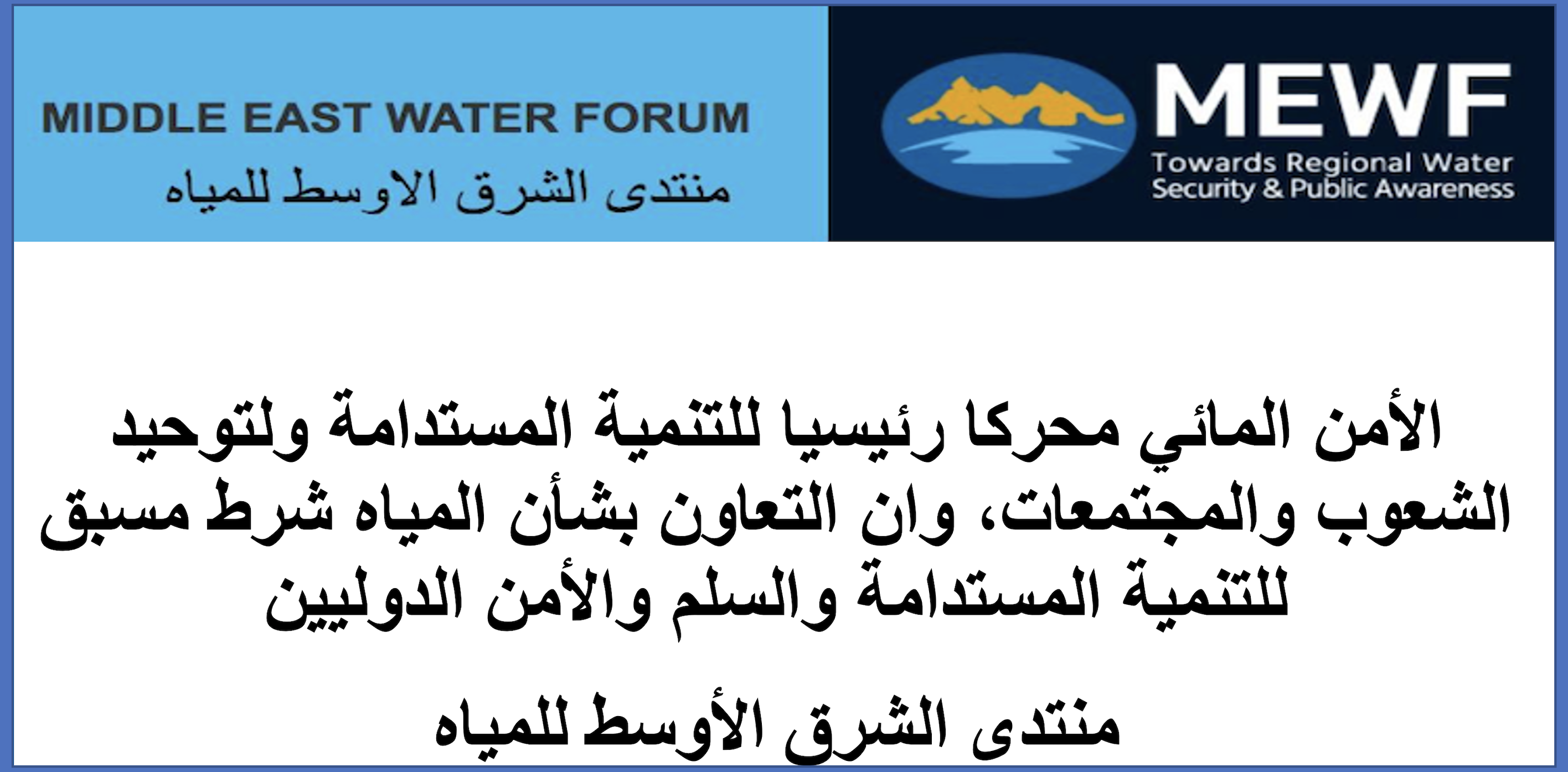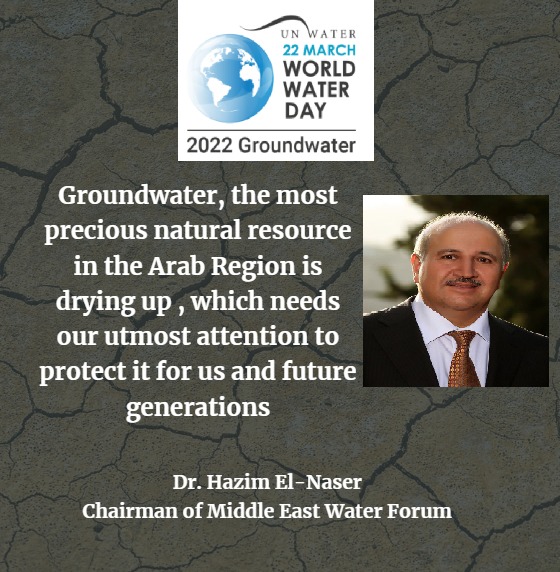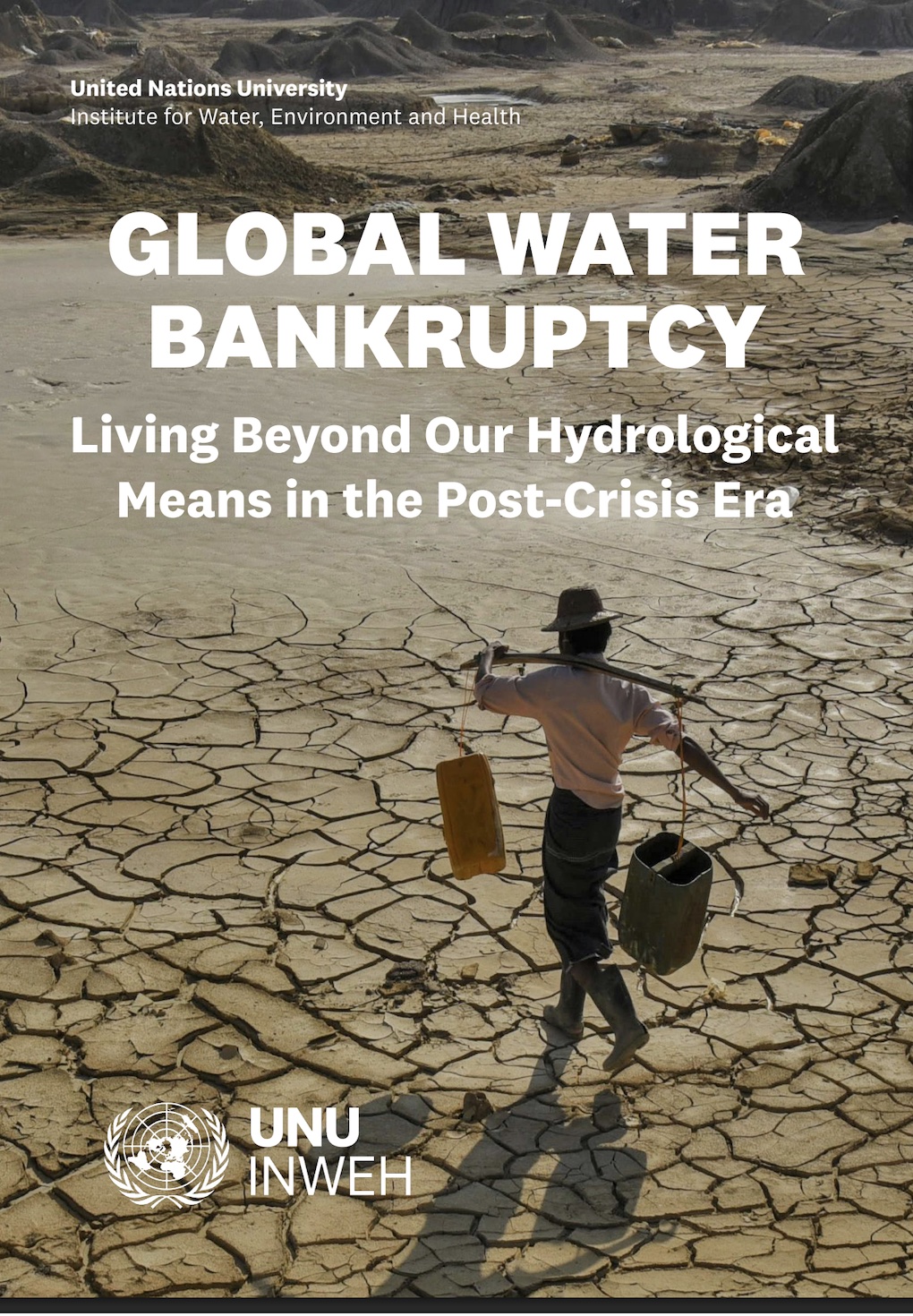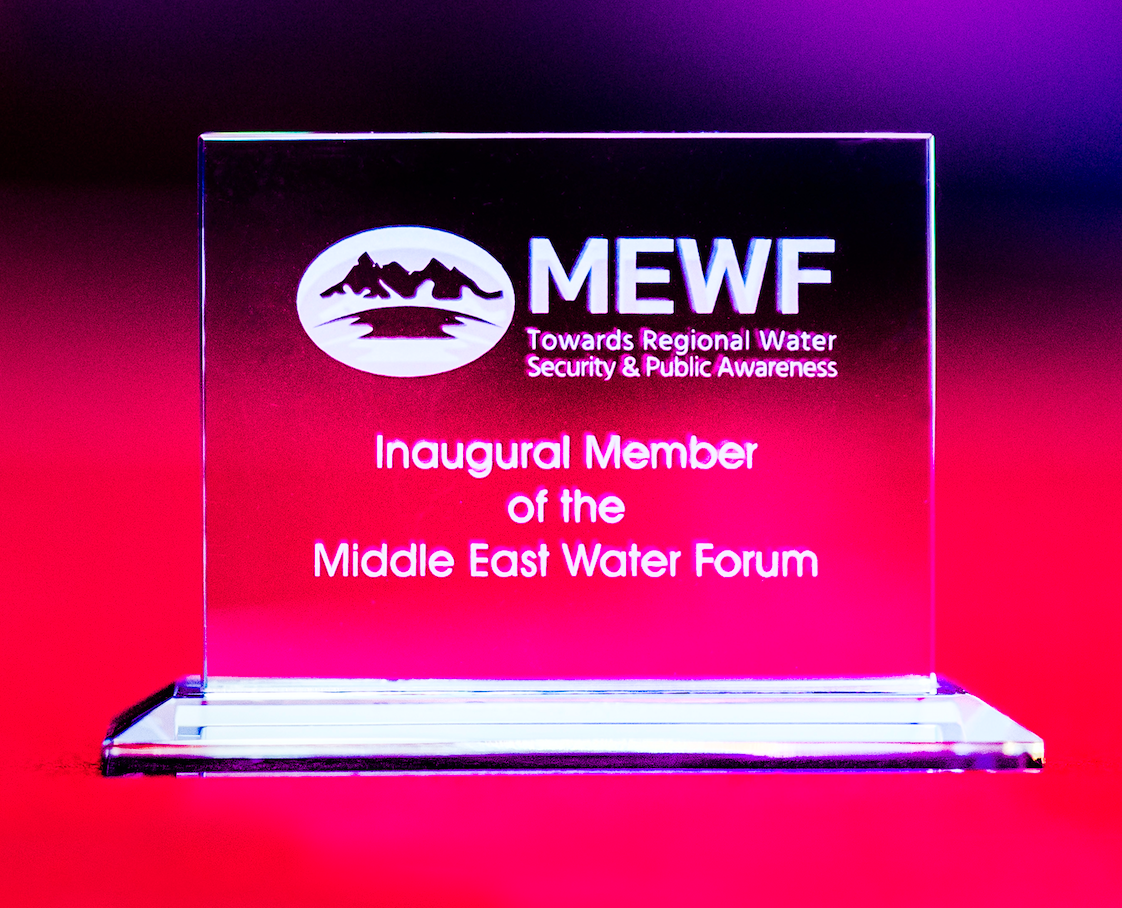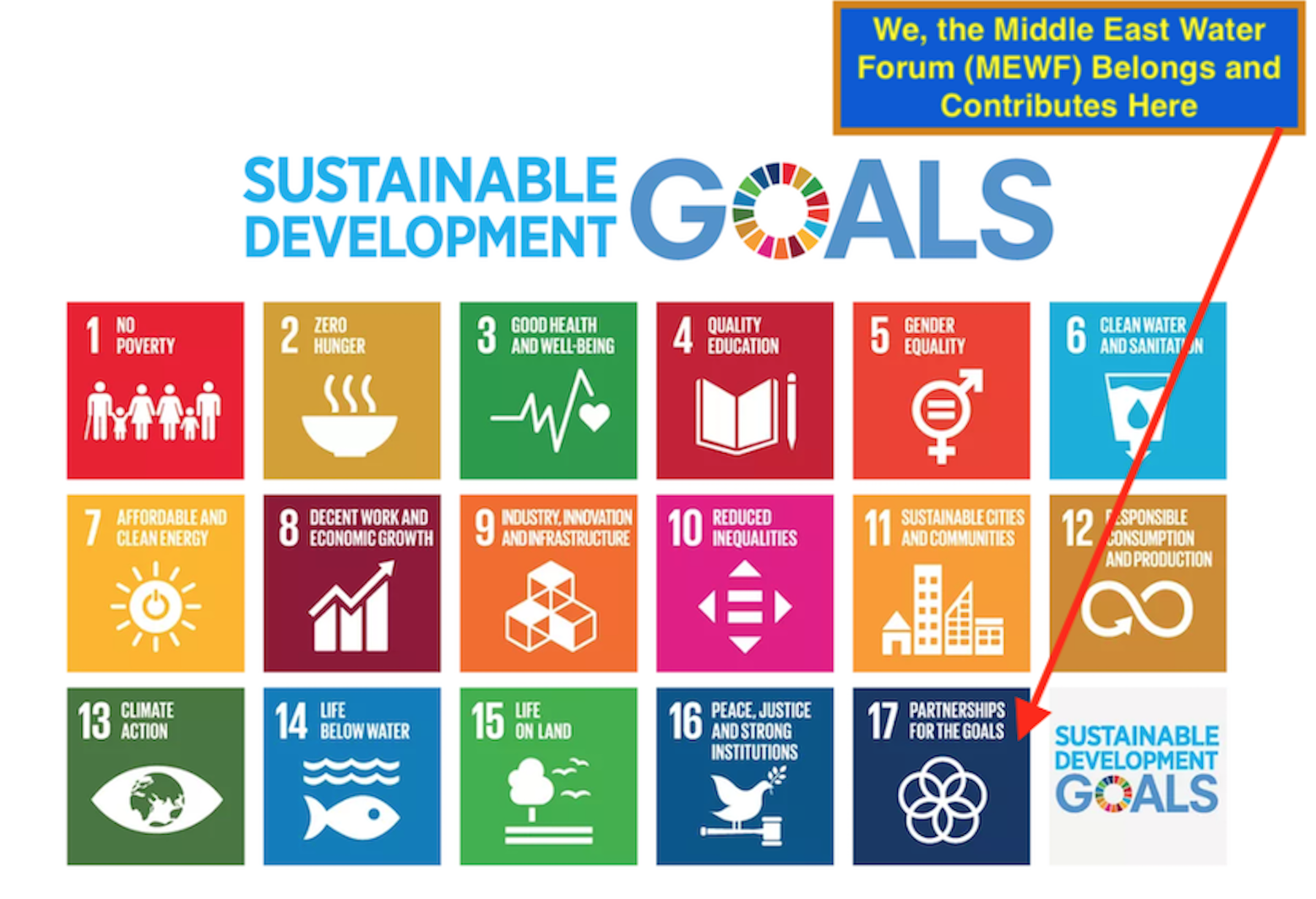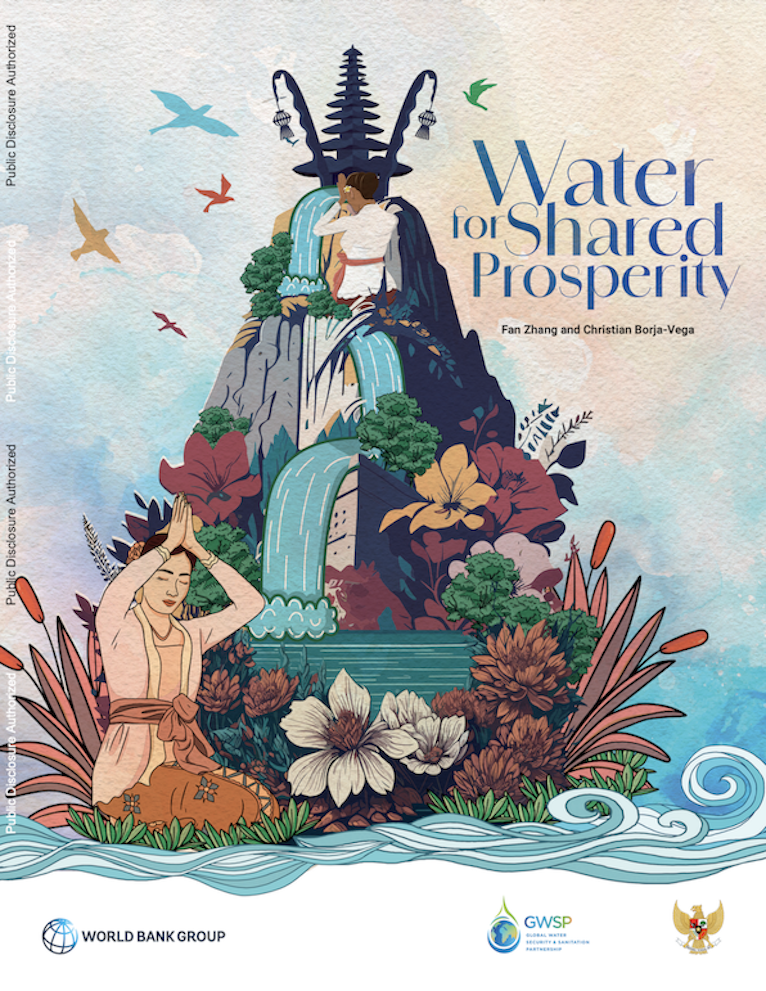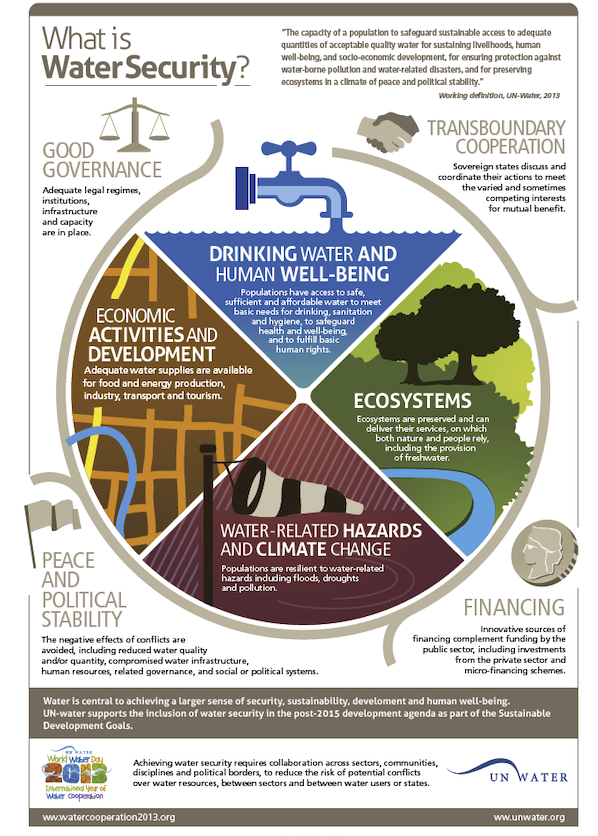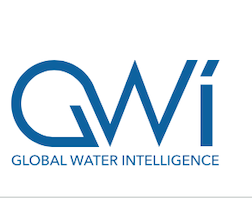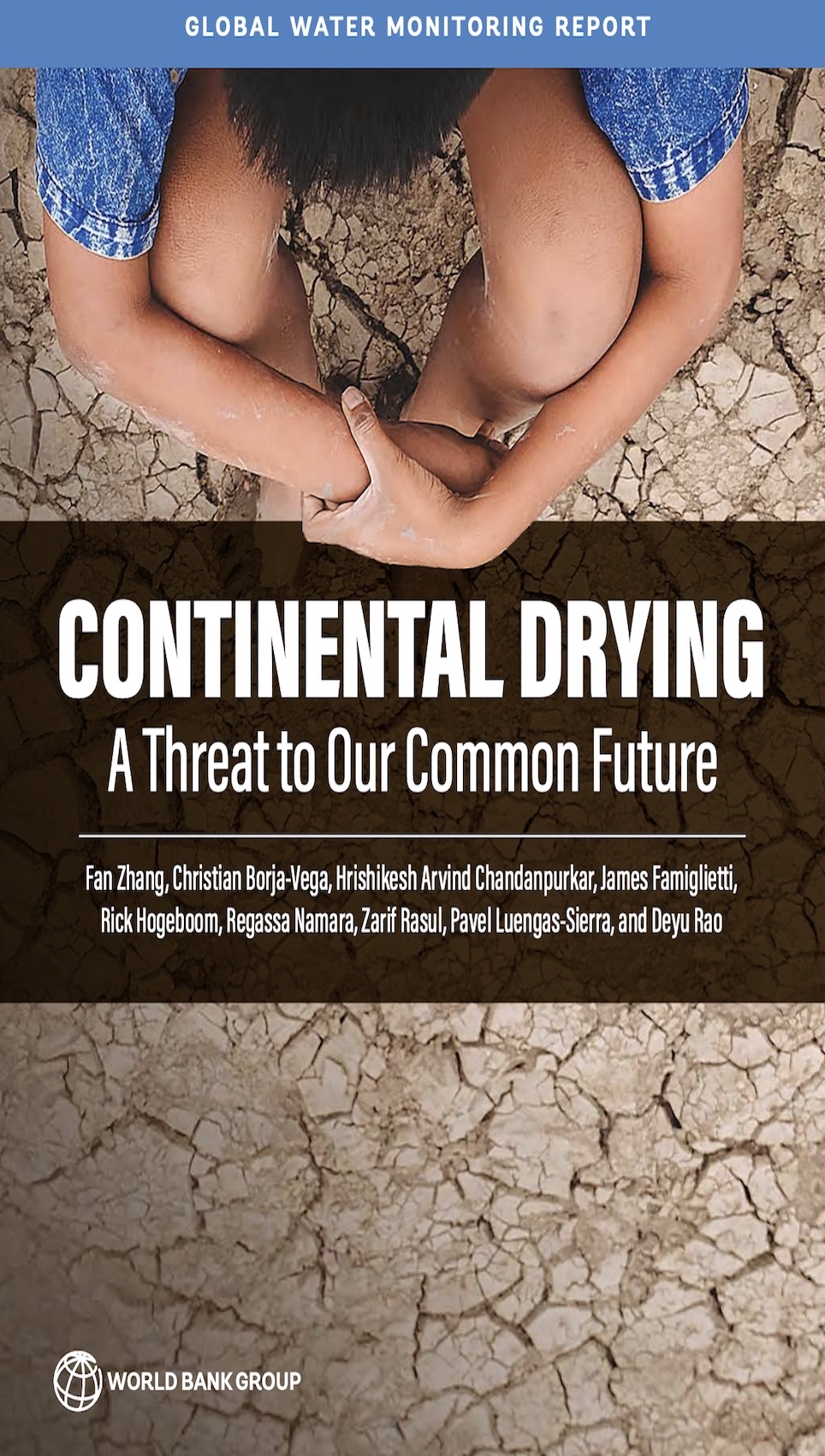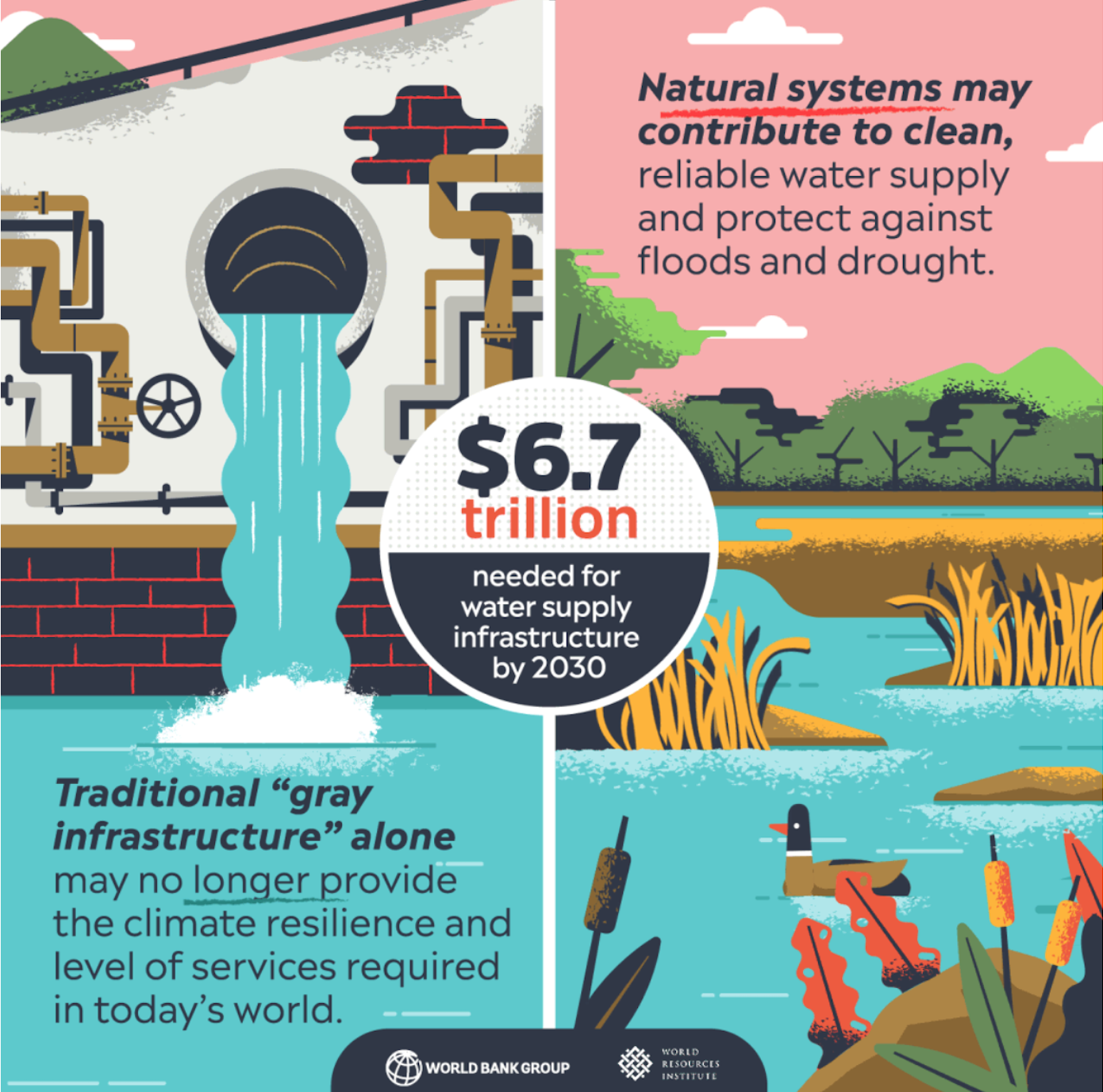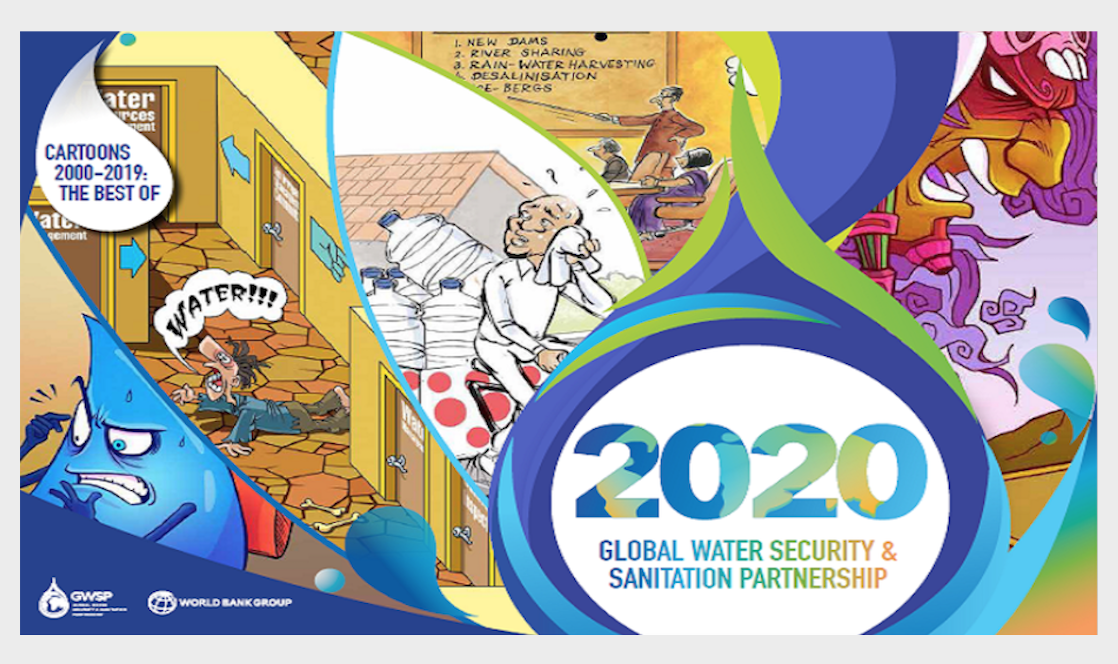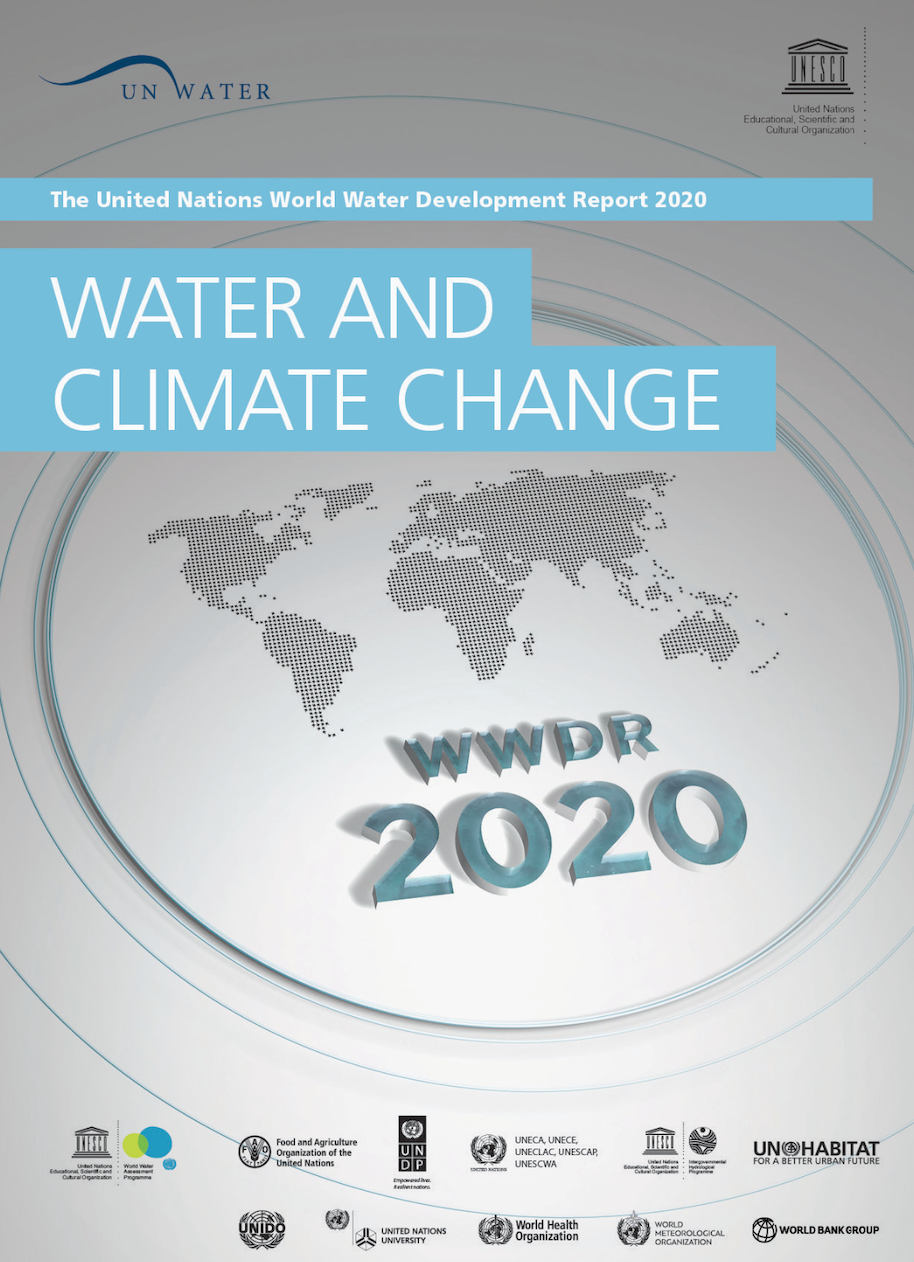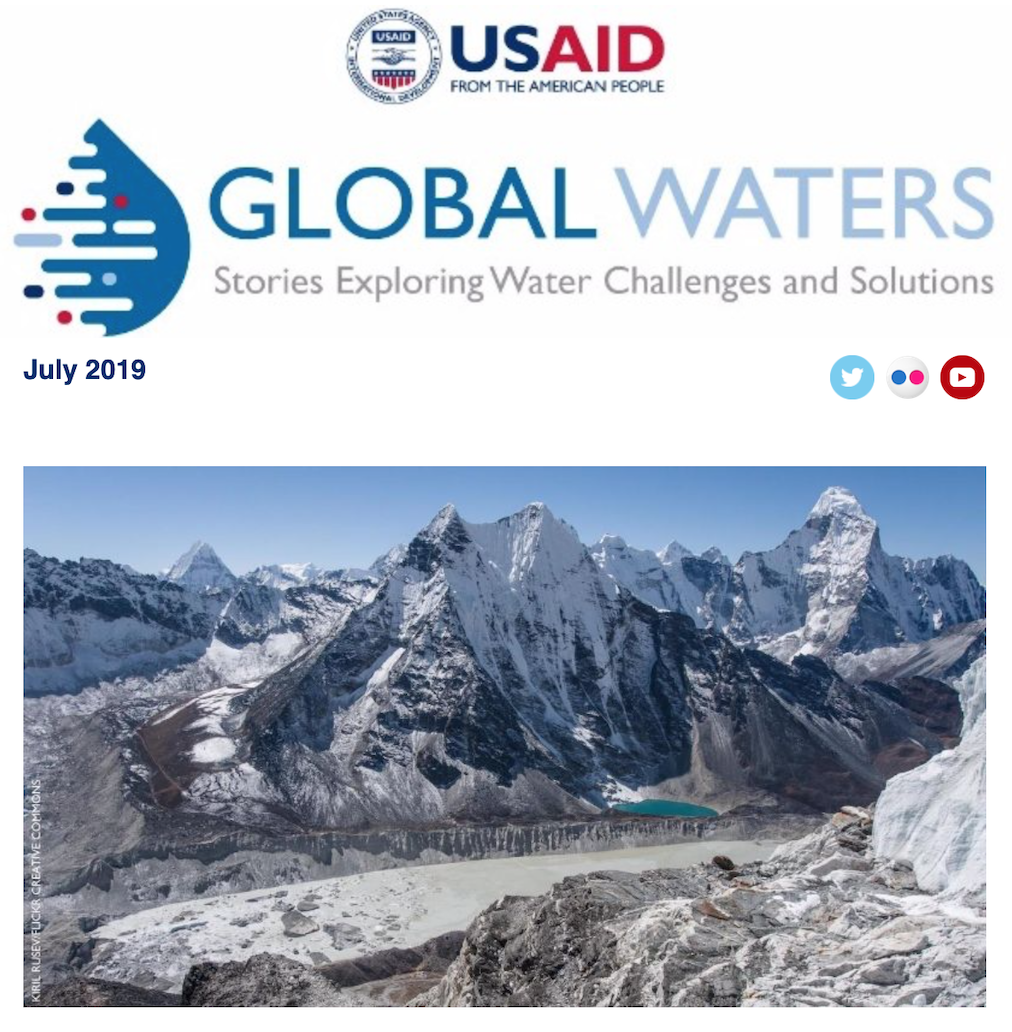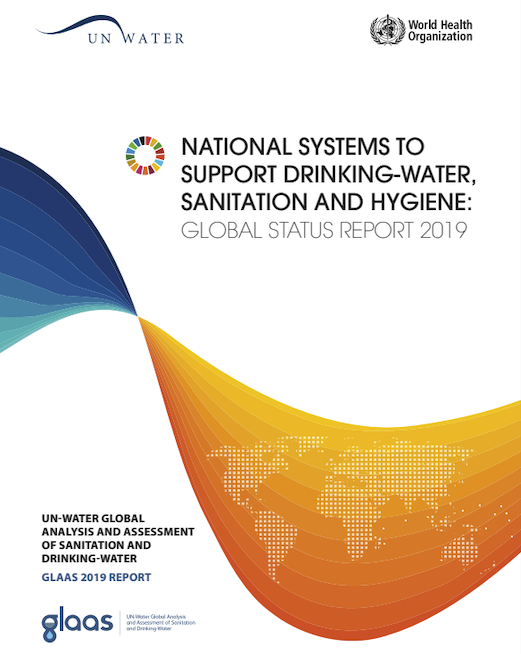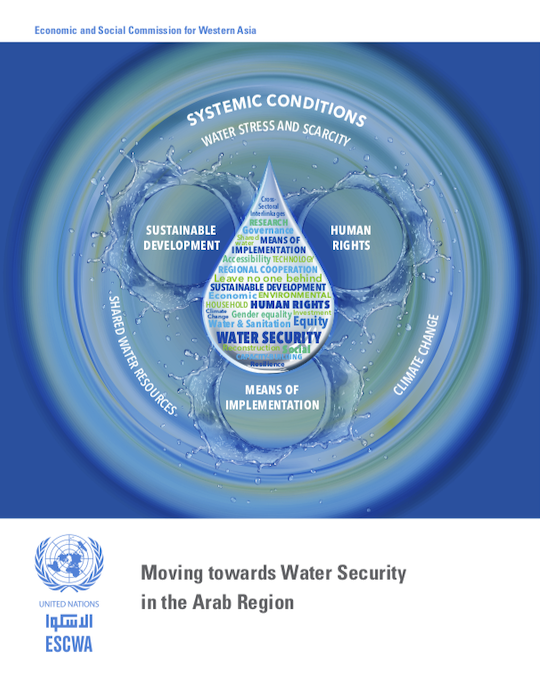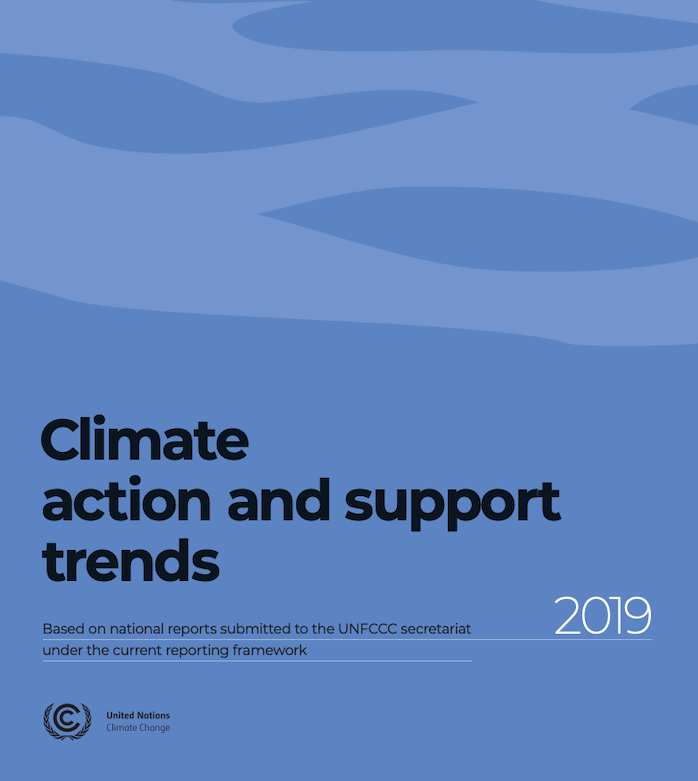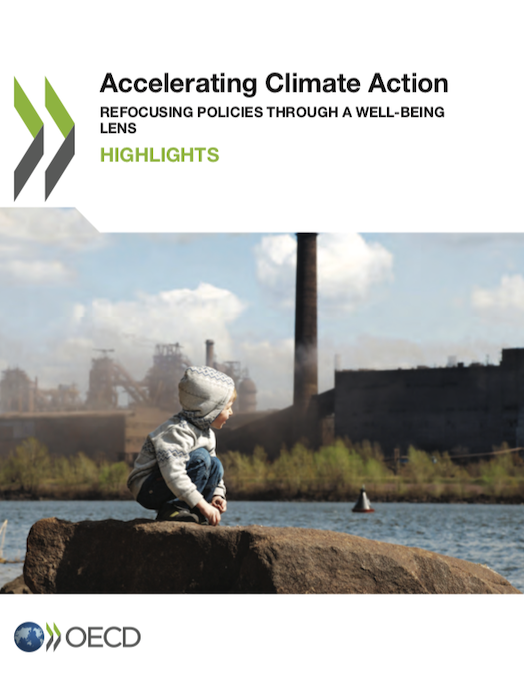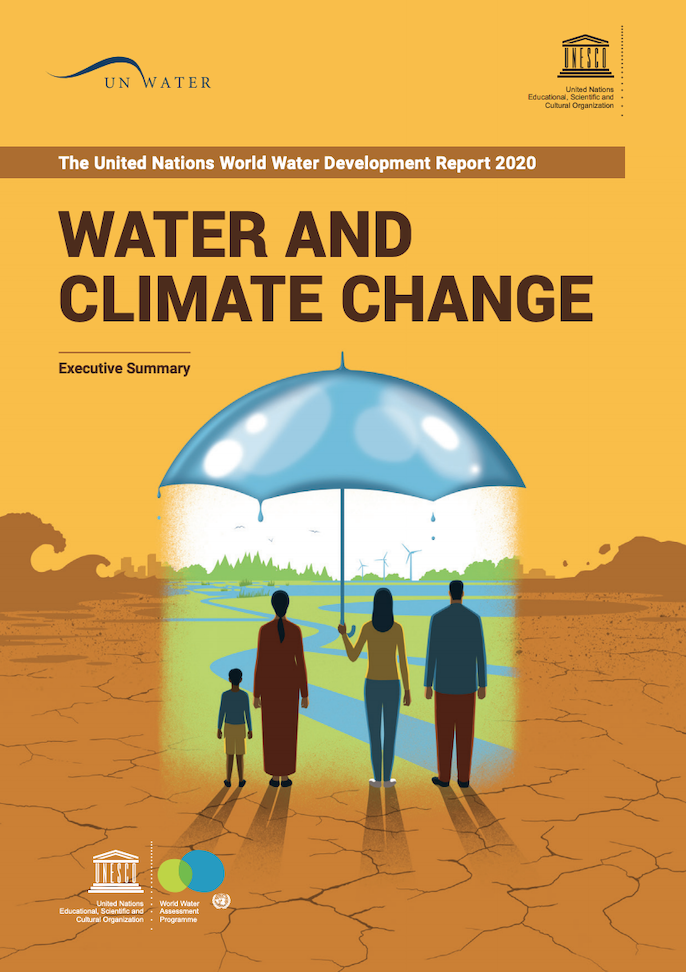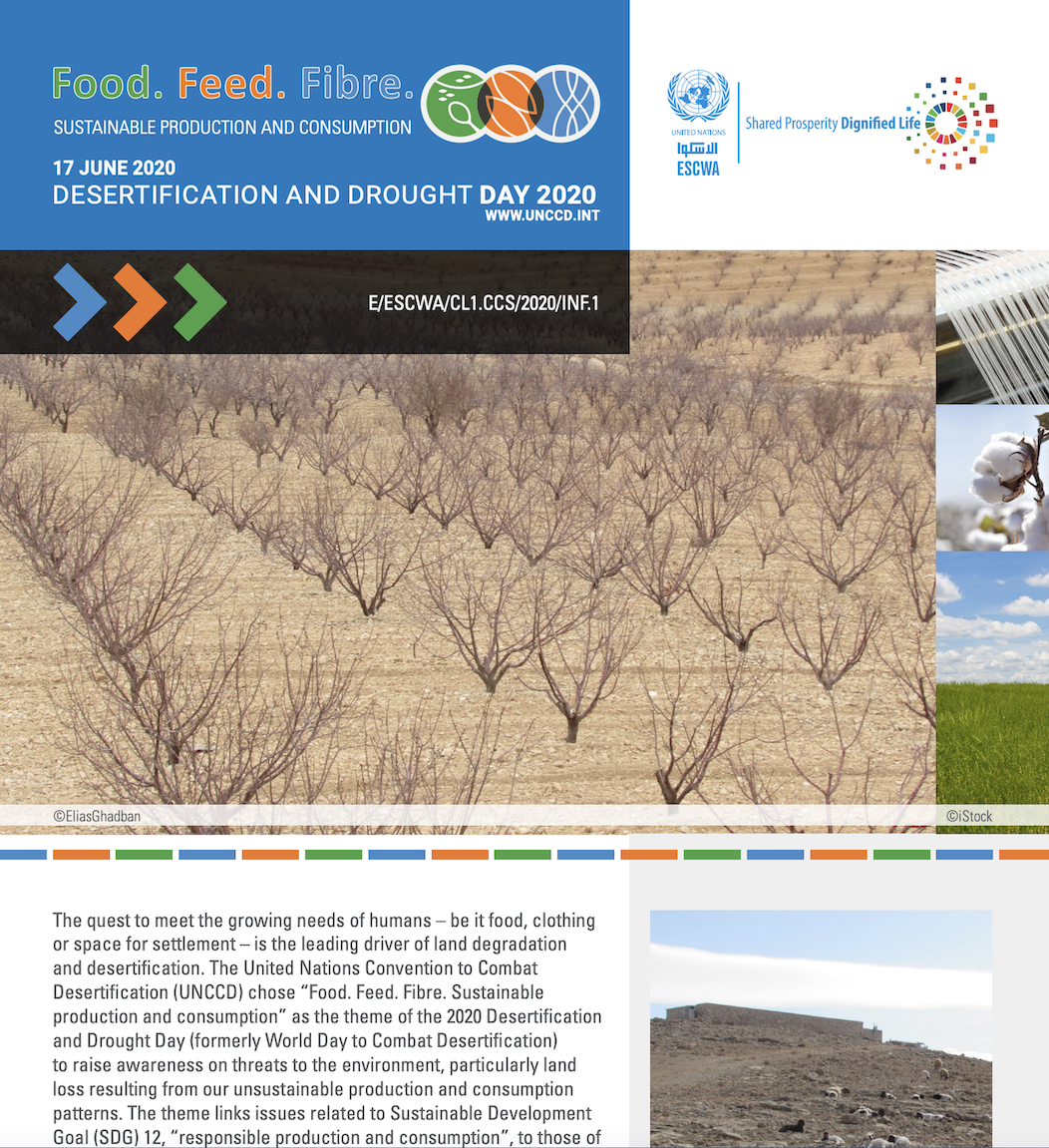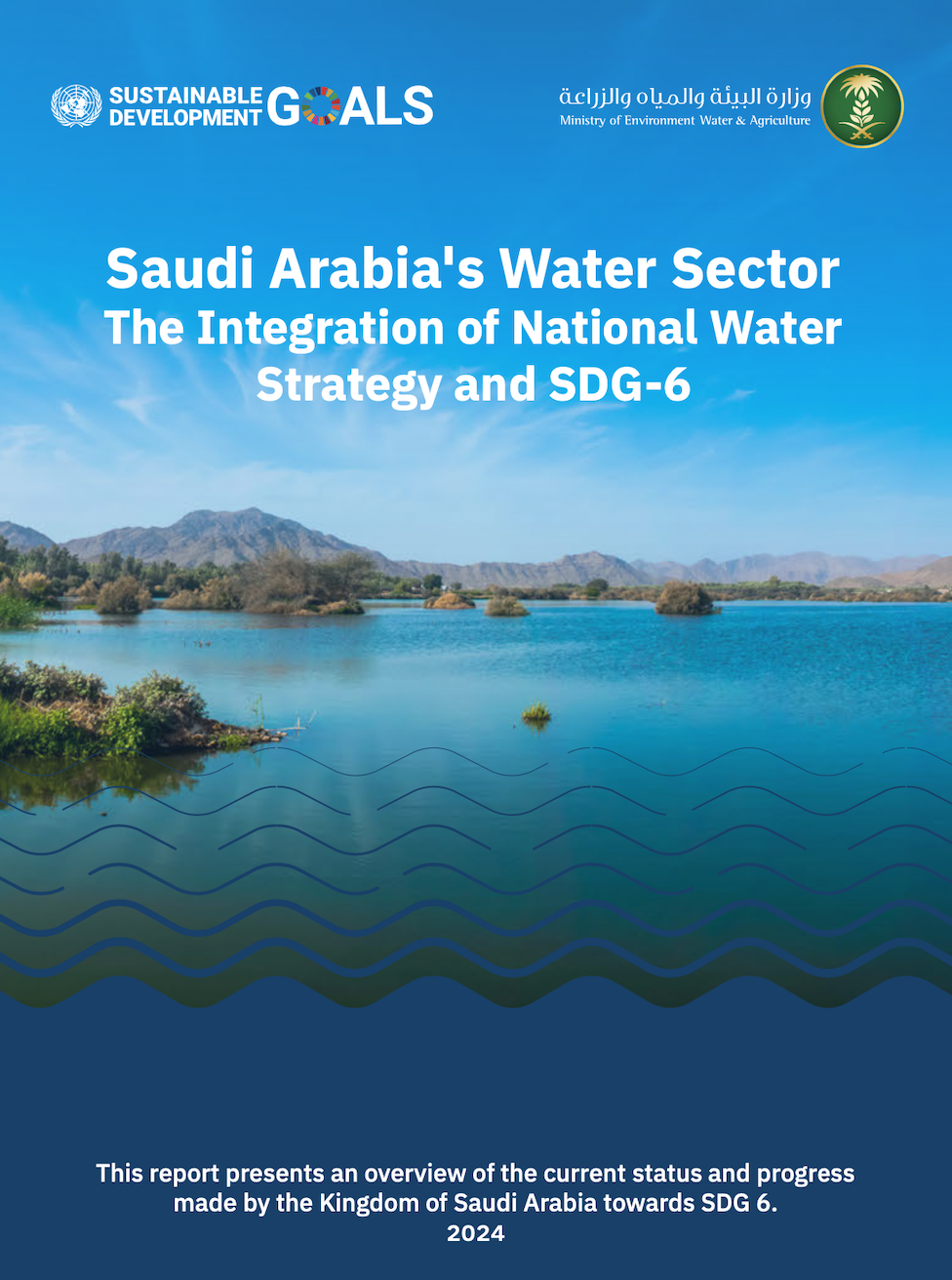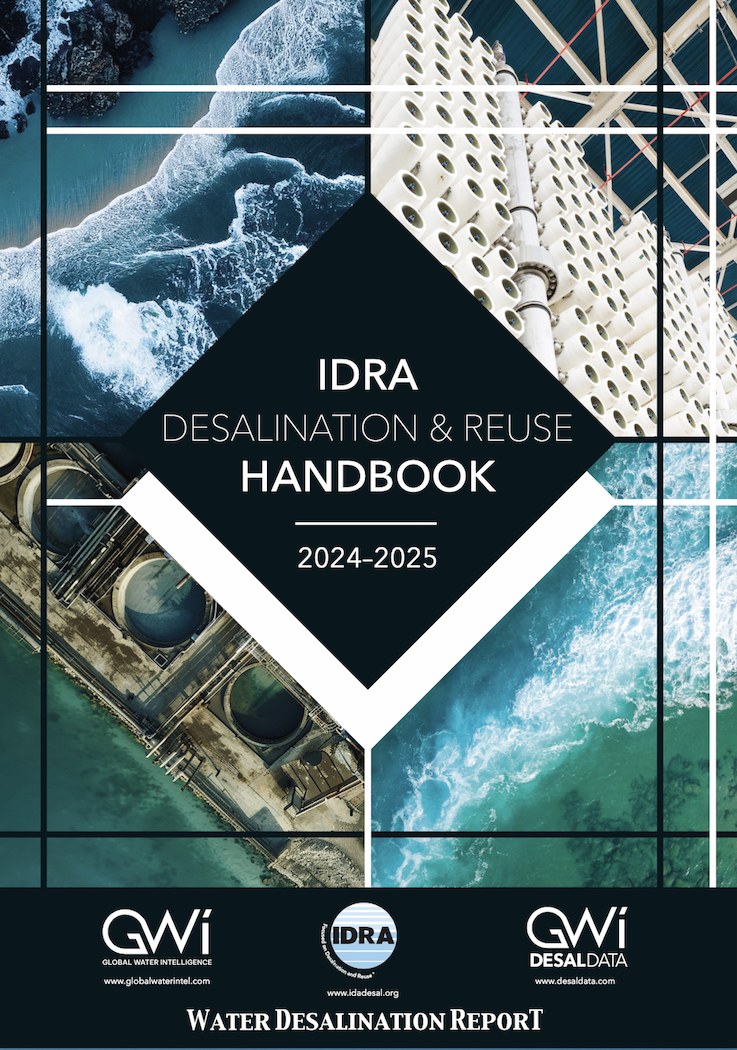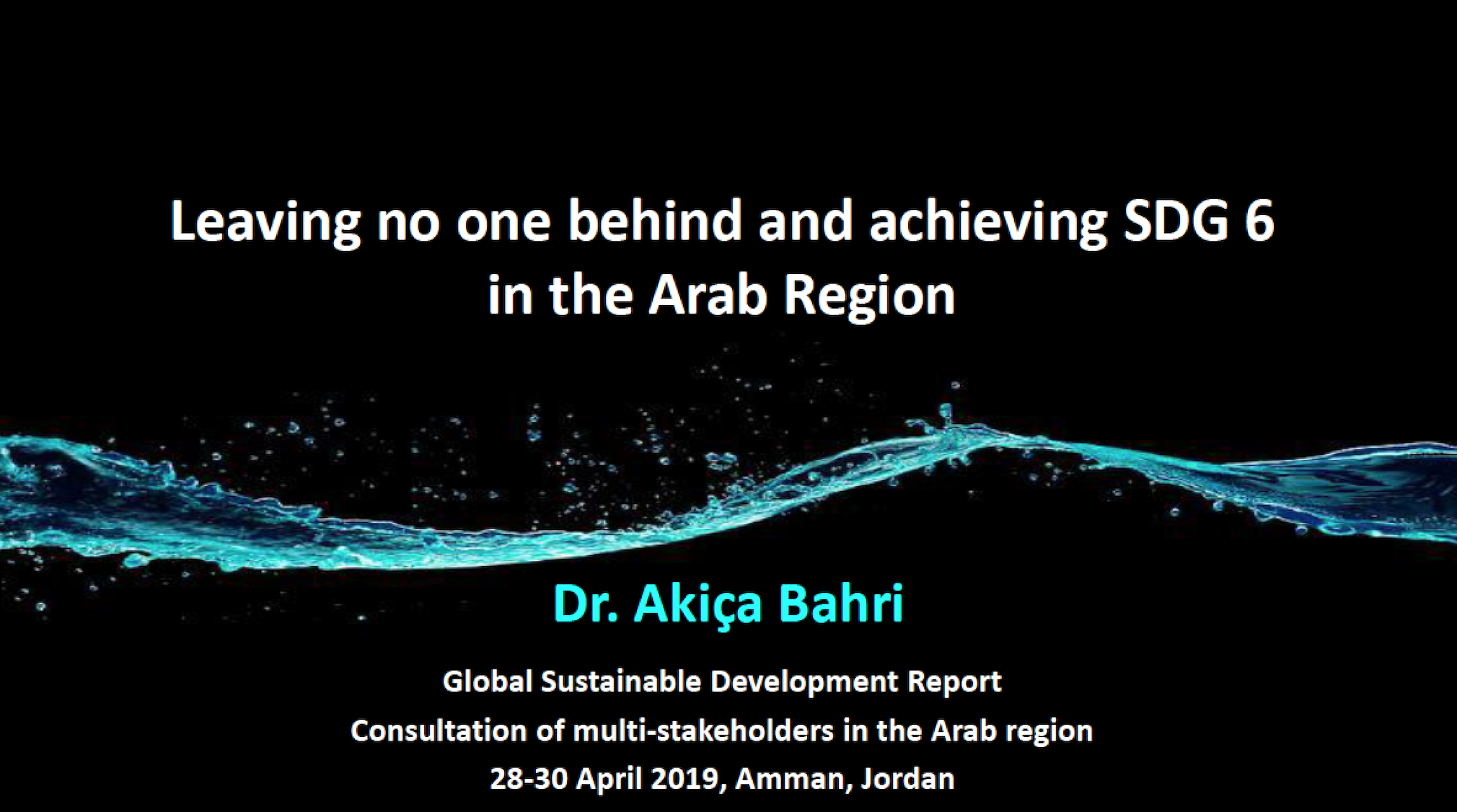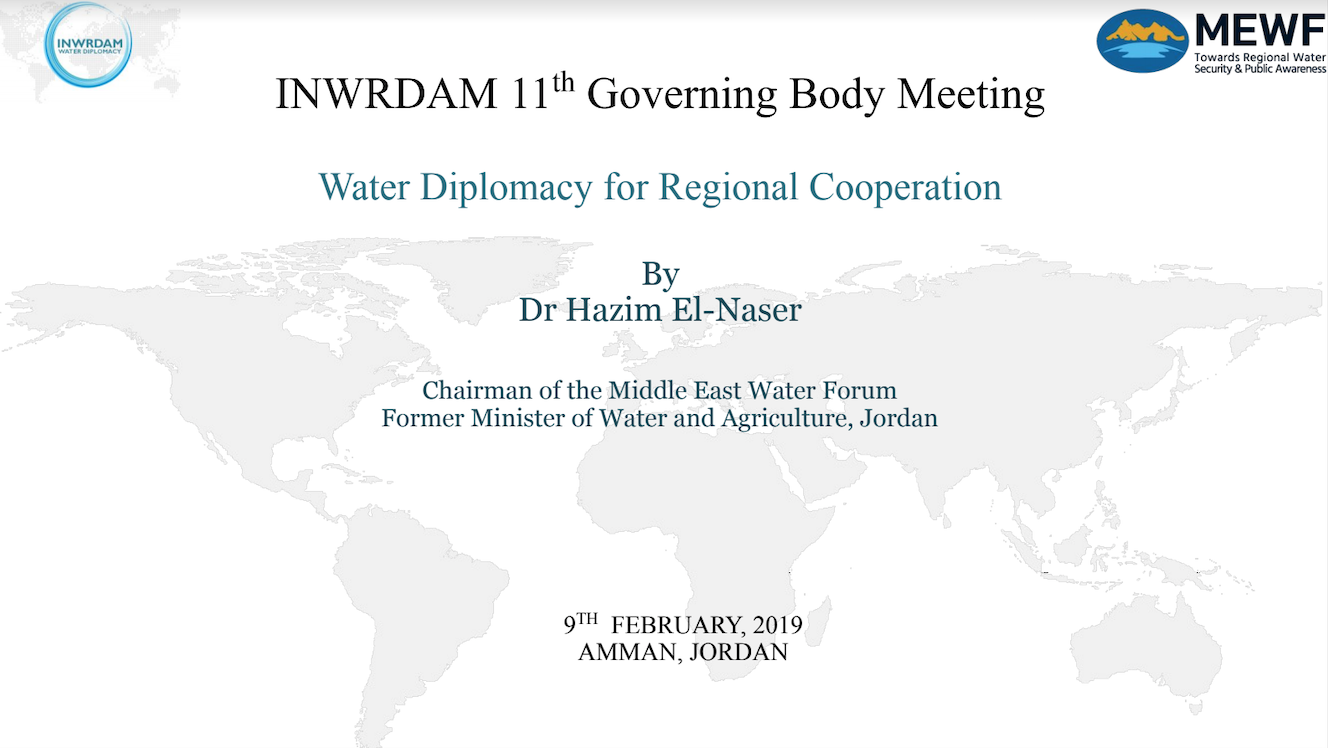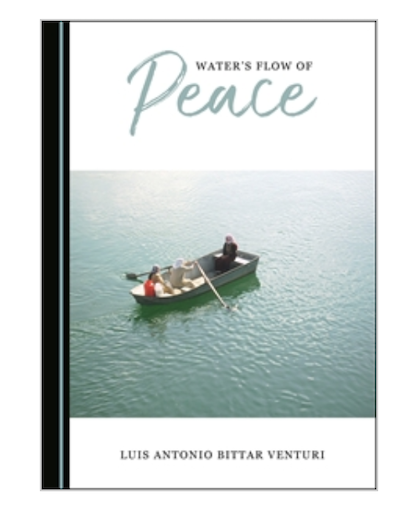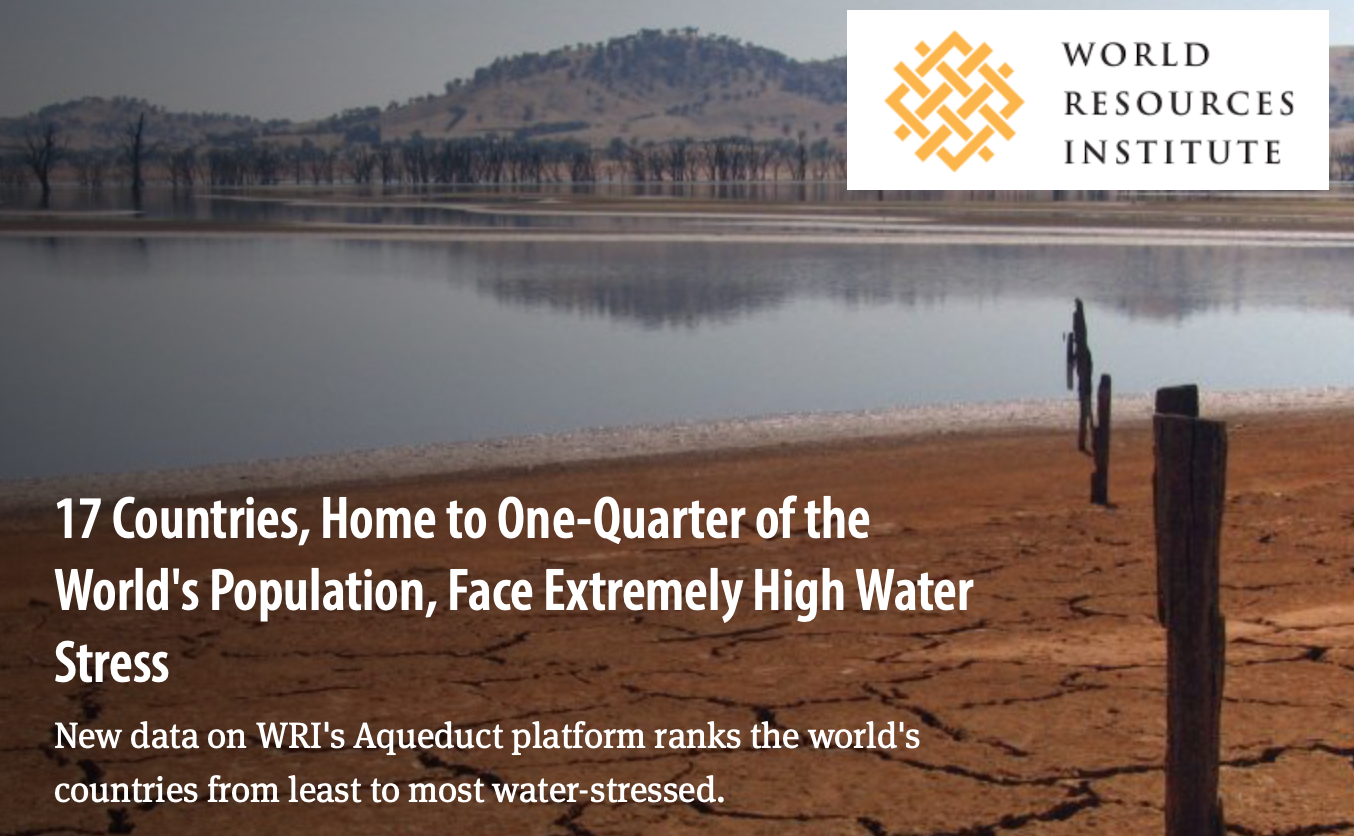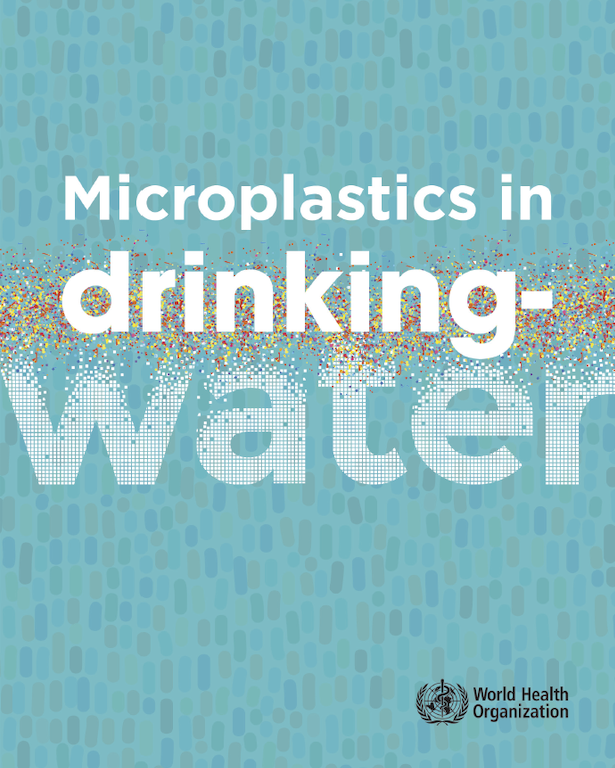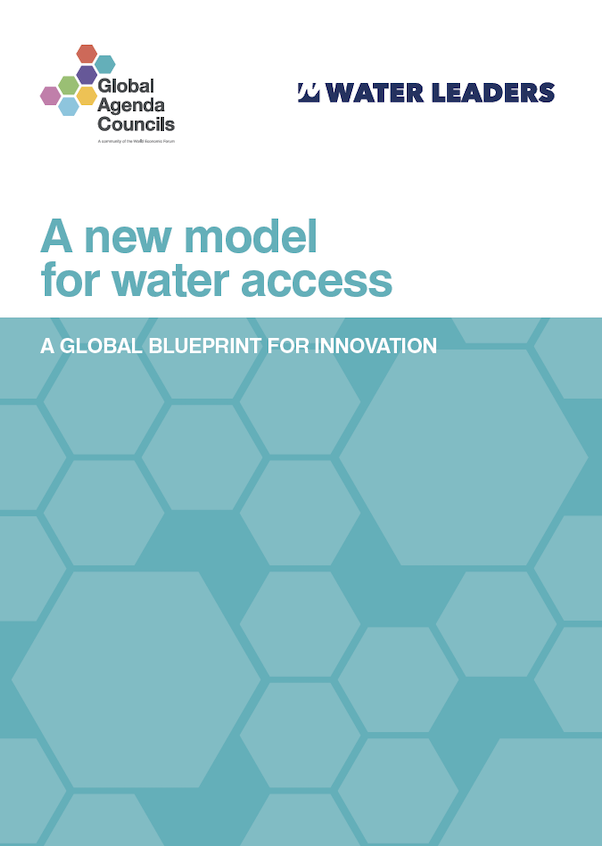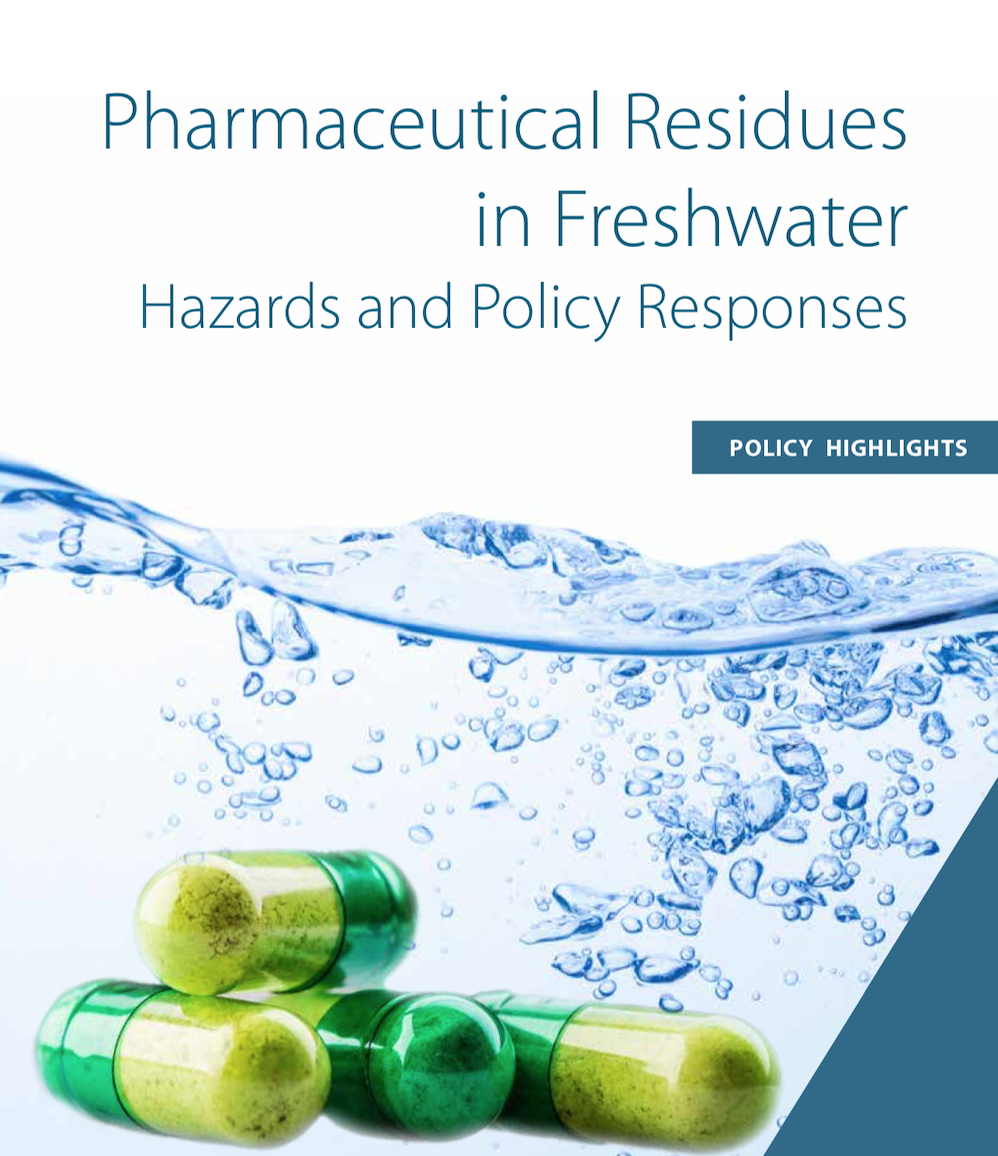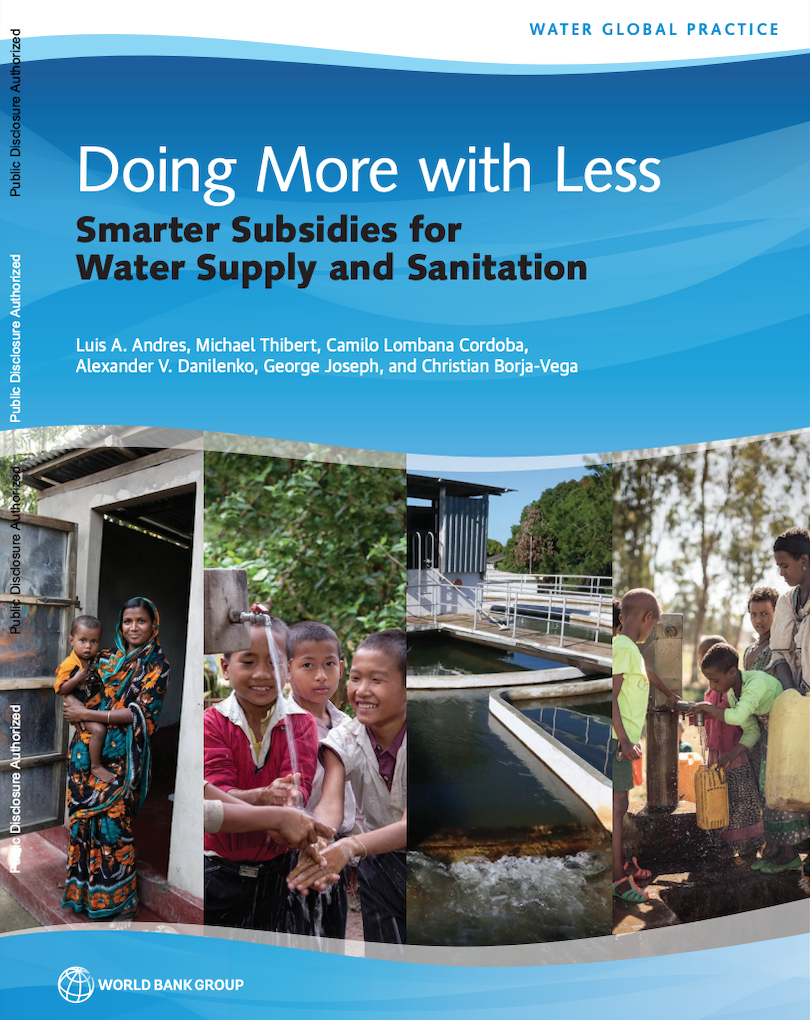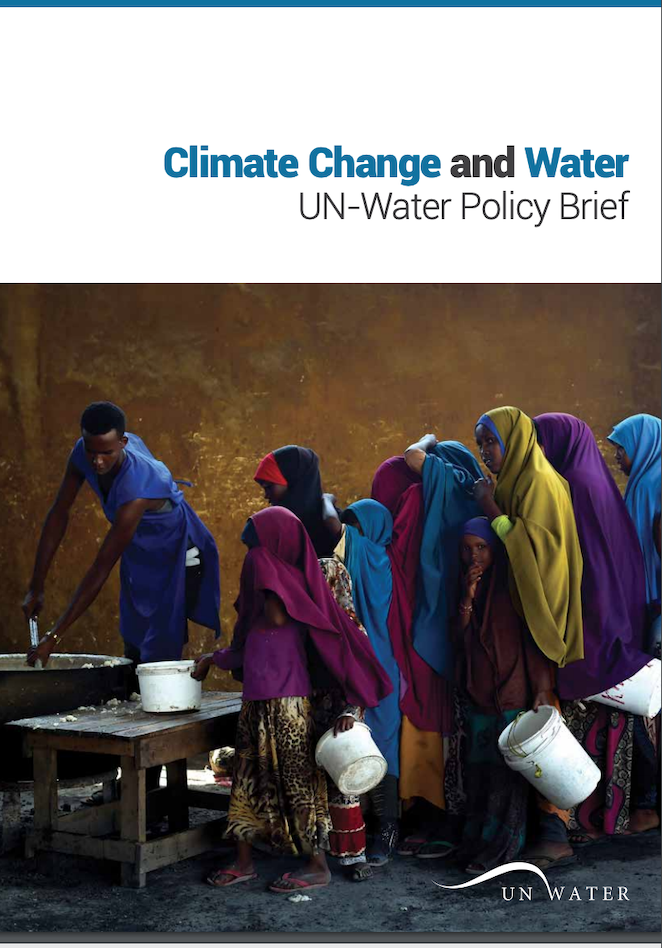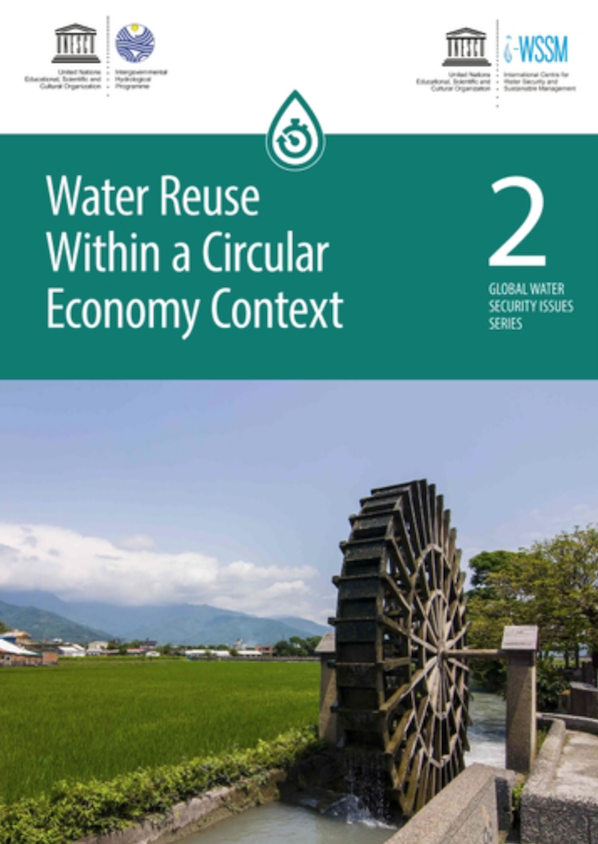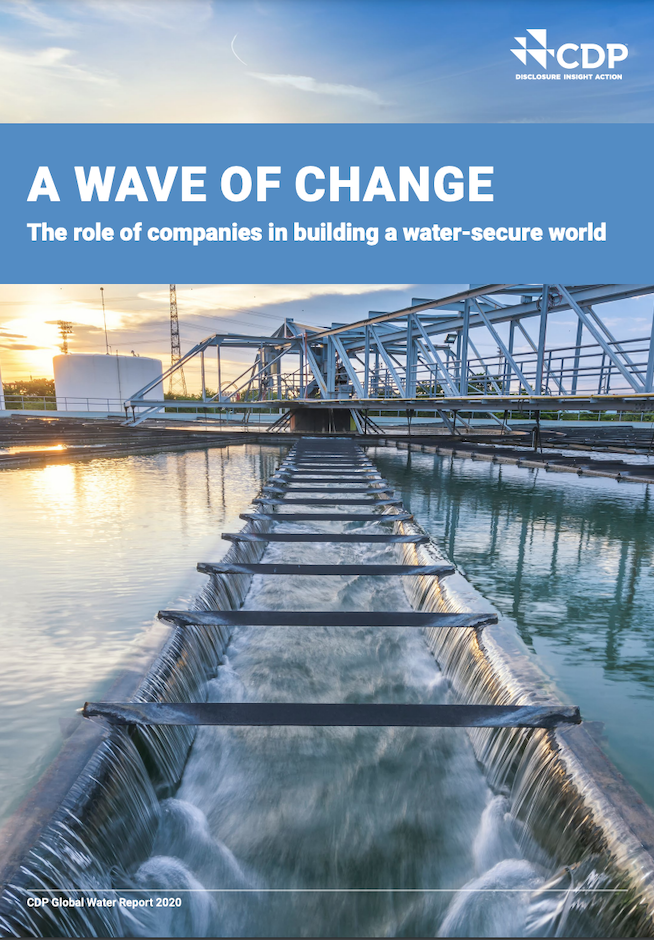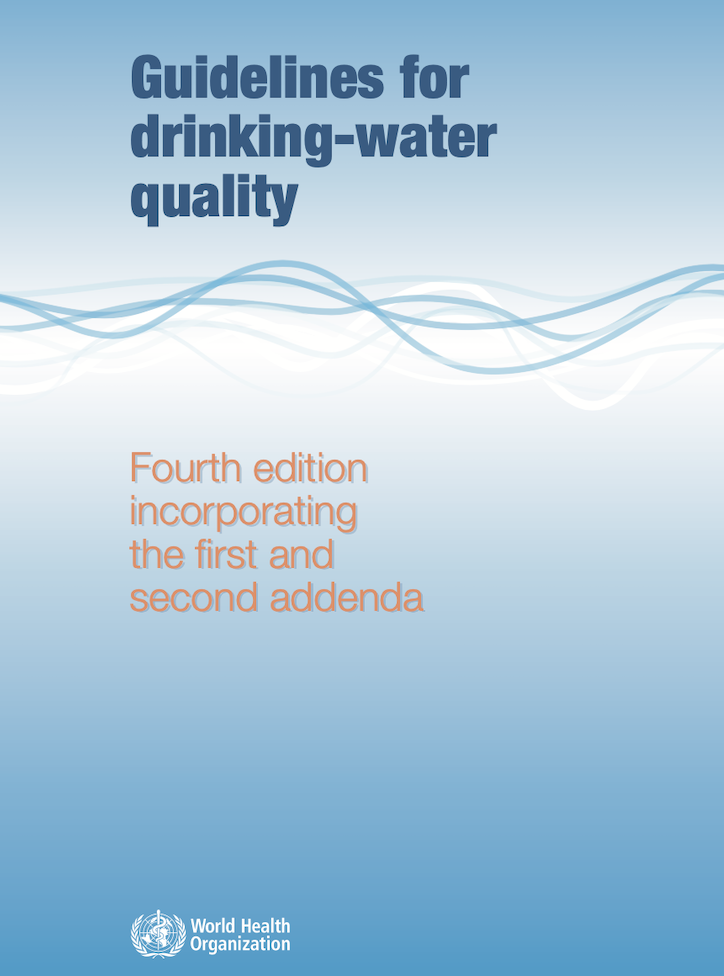
Assessing Water Security in Water-scarce Regions
Dr Zaid Ahmad Alshawabka
PhD in water accounting
University of Waikato/New Zealand
The water situation in Jordan is complicated and unsustainable. Jordan experiences rising freshwater demands that exceed availability; in addition, its surface and groundwater resources are contaminated. The country depends heavily on freshwater resources that are outside its borders through the sharing of rivers and aquifers with adjacent countries. Sharing freshwater resources with Israel and Syria has led to instability in the past. Moreover, Jordan has experienced massive waves of refugees because of the current conflicts in the neighbouring countries, which raises Jordan’s struggle to meet domestic freshwater needs.
In the last 50 years, some water basins such as the Lower Jordan River Basin have experienced a rapid and thorough process of development of its limited water resources. This process led to its continuous closure; almost no freshwater is left that can be mobilised and utilised while demand, notably in cities such as Amman, Zarqa and Madaba, keeps growing. Despite the need to take into account demand management options to mitigate the Jordanian water crisis, the potential of these opportunities appears insufficient in the mid-term; as a result, the increasing demand of the population and the sustaining of farming are unlikely to be met without supply growth measures and water decision management tools, which will reopen the closed basins in Jordan.
To preserve the surface water and groundwater resources and achieve water security in Jordan, there is a need to develop an integrated water resources management system (IWRM), including water policies and legislation. Most importantly is the necessity to implement the water policies and environmental regulations correctly. This task can be accomplished through people’s awareness, rational water governance, and strong political will on the part of decision-makers. Water security is a major concern for water-scarce cities that face dynamic water challenges due to limited water supply, climate change and increasing water demand. One of the very useful studies addresses framing urban water security in Jordan is a study conducted in Madaba, Jordan by Aboelnga, El-Naser, Ribbe, and Frechen (2020).
Framing urban water security is challenging due to the uncertainty and complexity of the definitions and assessment frameworks regarding water security in cities. Several studies have assessed water security by granting priority indicators equal weight without taking into account or adapting to the local conditions. This study develops a new urban water security assessment framework with application to the water-scarce city of Madaba, Jordan. The study applies the new assessment framework on the study area and measures urban water security using the integrated urban water security index (IUWSI) and the analytic hierarchy process (AHP) as a decision management tool to prioritise and differentiate indicators that affect the four aspects of urban water security: drinking water, ecosystems, climate change and water-related dangers, and socioeconomic aspects (DECS). The integrated urban water security index (IUWSI) focuses on the state of water security and intervention strategies in Madaba city. The study discloses that urban water security in Madaba is satisfactory to meet essential needs, with flaws in some facets of the DECS. However, Madaba has encountered poor security in terms of managing climate- and water-related jeopardies. The integrated urban water security index (IUWSI) framework helps with a rational and evidence-based decision-making process, which is significant for improving water resources management in water-scarce cities.

